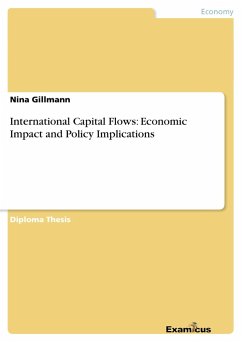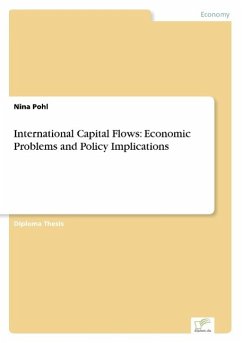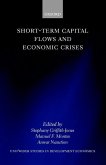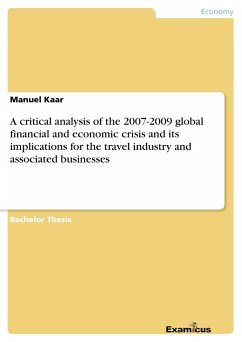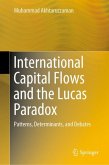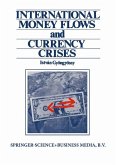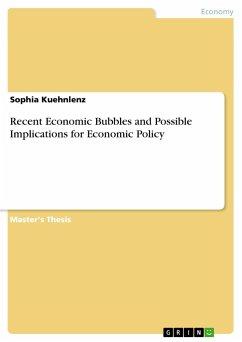Diploma Thesis from the year 2000 in the subject Economics - Finance, grade: 1, Christian-Albrechts-University of Kiel, language: English, abstract: This paper deals with three highly controversial aspects in the international finance literature: the degree of international financial integration, the economic impact of capital mobility, and the potential role of capital controls in the emerging international financial architecture. Regarding the first aspect, many observers have been influenced by the recent hype about "globalisation" and in fact take it for granted that capital markets have become almost fully integrated into a world financial marketplace. This paper, reviews evidence that challenges this conventional wisdom, though confirming that the degree of international financial integration is rising. With respect to the second aspect, it is demonstrated that there are circumstances under which the free flow of international capital could negatively impact upon economic performance and/or otherwise welfare-enhancing domestic policies. This finding conflicts with traditional theory and provides an economic rationale for the judicious introduction of capital controls. With this assertion in mind, the final aspect, the role of capital controls, is investigated. The specific question explored is how far restrictions on international capital flows are able to avert a costly economic imbalance arising from fluctuations in the balance of payments. Although the international consensus seems to have shifted in recent years towards promoting Chilean-style capital controls as a potential new building block in the international financial landscape, this paper cautions against such a generalisation of the Chilean experience. Rather, a review of the empirical literature suggests that much of Chile's economic success story in the last decade can be explained by factors other than its control regime. The rising degree of international financial integration enhances the need for small countries to resolve their dilemma of being dependent on external funding and, at the same time, most vulnerable to sudden reversals of international capital flows. Yet, simple solutions of how to counterbalance the potential threats of capital mobility in a second-best equilibrium, are not found to be easily forthcoming. In particular, this paper argues that capital controls are no panacea - even less so, if they delay necessary macro- and microeconomic reforms.
Hinweis: Dieser Artikel kann nur an eine deutsche Lieferadresse ausgeliefert werden.
Hinweis: Dieser Artikel kann nur an eine deutsche Lieferadresse ausgeliefert werden.

